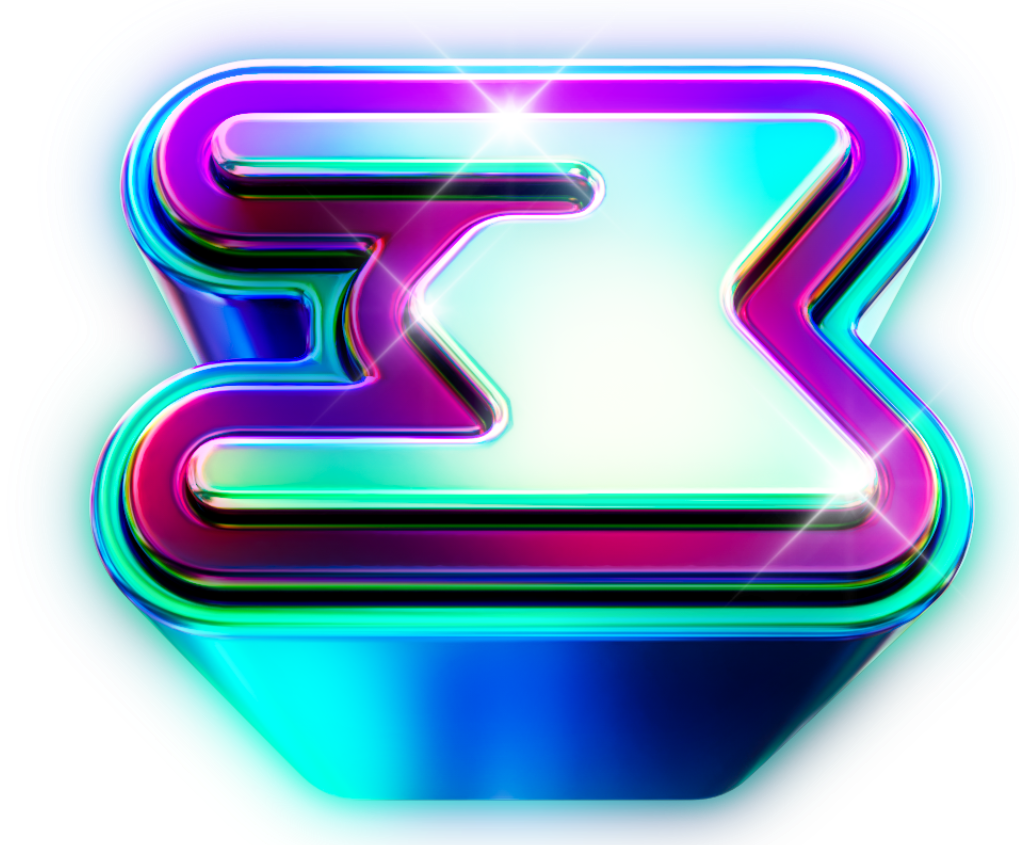The internet has come a long way since its inception, and with the advent of Web3 technology, a new era of decentralization and innovation has begun. Web3 is the next generation of the internet, powered by blockchain and other decentralized technologies.
In this post, we will explore a list of top Web3 companies that are leading the way in reshaping the internet landscape.
Top Web3 Companies
1. Ethereum
Ethereum stands as a leading force in the Web3 revolution, enabling developers to construct and deploy smart contracts and decentralized applications. Its native currency, Ether, has spearheaded the surge of decentralized finance and non-fungible tokens.
2. Filecoin
Filecoin is a decentralized storage network that utilizes underutilized hard drive space on users’ computers to store data. Filecoin’s decentralized nature renders it a secure and censorship-resistant platform, while also enabling users to earn Filecoin tokens (FIL) in return for providing storage space.
By leveraging a distributed network of storage providers, Filecoin eliminates the reliance on centralized data storage providers, thereby offering enhanced security and privacy. Additionally, Filecoin’s decentralized architecture fosters a robust and scalable storage infrastructure.
3. Brave
Brave is a privacy-focused web browser that rewards users with Basic Attention Tokens (BAT) for viewing privacy-respecting ads. It aims to disrupt the current online advertising model by giving users control over their data and incentivizing them for their attention. Brave also offers a faster and more secure browsing experience by blocking unwanted ads and trackers.
4. Chainlink
Chainlink empowers smart contracts to access and utilize real-world information in a trusted manner. By providing reliable and tamper-proof data feeds, Chainlink ensures the accuracy and integrity of smart contract outputs. With its vast network of nodes, Chainlink has become the go-to solution for connecting blockchain applications with external data sources.
5. Polkadot
Polkadot is a multi-chain platform that allows different blockchains to interoperate and share information. It aims to create a scalable and decentralized internet where different blockchains can communicate and collaborate seamlessly. Polkadot’s innovative approach to interoperability has attracted many developers and projects looking to build on its network.
6. Aave
Aave is a peer-to-peer lending and borrowing protocol that operates on the Ethereum blockchain. It allows users to lend and borrow various cryptocurrencies without the need for third-party institutions. By utilizing smart contracts, Aave provides users with a secure and transparent way to access liquidity and earn interest on their assets.
7. Solana
Solana is a high-performance blockchain platform that aims to scale decentralized applications. With its fast transaction processing and low fees, Solana has gained popularity among developers and users alike. Solana’s unique consensus algorithm, Proof of History, ensures the integrity and immutability of its blockchain.
8. Tezos
Tezos is a self-amending blockchain platform that allows stakeholders to govern the protocol and upgrade it without the need for hard forks. This innovative approach to blockchain governance ensures the long-term sustainability and adaptability of the Tezos network. Tezos also supports smart contracts and has gained attention for its focus on security and formal verification.
9. 0x
0x is a decentralized exchange protocol that enables the peer-to-peer trading of ERC-20 tokens on the Ethereum blockchain. By providing a standardized protocol for decentralized exchanges, 0x allows for greater liquidity and accessibility in the decentralized finance space. 0x has also gained traction for its focus on security and transparency.
10. Uniswap
Uniswap operates as a decentralized marketplace for swapping cryptocurrencies on the Ethereum blockchain. It allows users to trade ERC-20 tokens directly from their wallets without the need for intermediaries. Uniswap’s unique automated market maker (AMM) model has revolutionized decentralized trading, making it more efficient and accessible to a wider audience.
Conclusion
Web3 technology is reshaping the internet as we know it, and these top Web3 companies are at the forefront of this revolution. Whether it’s decentralized finance, decentralized storage, or privacy-focused browsing, these companies are pushing the boundaries of what is possible on the internet.
As Web3 continues to evolve, we can expect even more innovative solutions and opportunities to arise, transforming the way we interact with the digital world.






